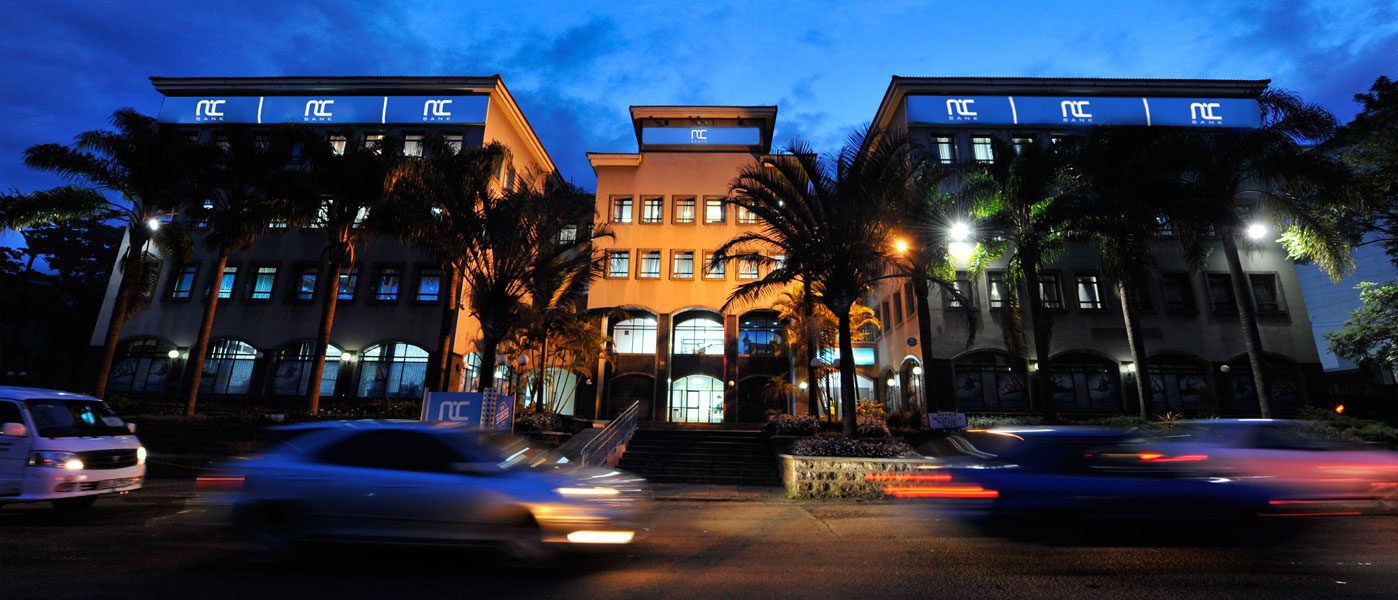Real estate investors are now among the biggest loan defaulters, thus revealing a diminishing property boom in the real estate sector. Most property developers are unable to service their debts due to the declining number of new aspiring home buyers and dwindling returns. A huge number of individuals who took out real estate loans have defaulted, with lenders having to agree to new terms on how to settle the loans.
According to the Central Bank Of Kenya’s Quarterly Economic Review, the real estate sector had the highest growth in non-performing loans (NPLs) along with trade and manufacturing firms. Which has led to an increase in asset seizures by lenders? A loan is considered non-performing if it remains unserviced for more than three months. Reports show that non-performing loans (NPLs) rose by Sh6.1 billion to Sh44.4 billion in June 2018 as developers surpassed manufacturers and traders in the growth of default on loans.
The real estate sector registered the highest increase In NPLs due to slow uptake of housing units. Furthermore, this has led to fears of renewed pressure on developers which has mainly been influenced by a dip in prices and slow uptake of newly-built units. A huge number of investors have lost their properties to creditors because of financial difficulties. There were many auctions held in 2018 compared to 2017, as more assets got seized by banks.
A report from the Central Bank of Kenya (CBK) reveals that non-performing loans rose from Sh349.9 billion to Sh379.9 billion in June 2020. The ratio of NPLs rose from 12.7 per cent to 13.1 per cent recording a high increase since August 2007 when it stood at 14.41 per cent. The Coronavirus pandemic has also had a significant impact on the economy as profitable firms have incurred huge losses. The Treasury expects the growth of the economy to slow down to 2.5 per cent this year from 5.4 per cent last year, due to the impact of the Covid-19 pandemic.
Developers are finding it difficult to obtain credit from commercial banks as firms that had borrowed based on the forecast of cash flows are struggling to settle their debts. Banks are now taking a cautious approach of issuing out new loans. Moreover, lenders are moving quickly to auction securities through property seizures to recover their money. The rising defaults highlight the current economic state attributed to difficulties brought by the Covid-19 pandemic on borrowers. In 2018 the mortgage lender HF Groups registered a Sh 332 million net loss in nine months on loan defaults. This reveals a slowdown in the real estate sector as a result of a challenging economic environment and a reduced demand for purchasing a property. However, several banks are flexible and offer support to their customers during this difficult period.

4 bedroom Bungalow for Sale in Juja

4 Bedroom House for Sale near Kamakis

Maisonatte For Sale in Ruai

3 Bedroom Bungalow for sale in Malaa

